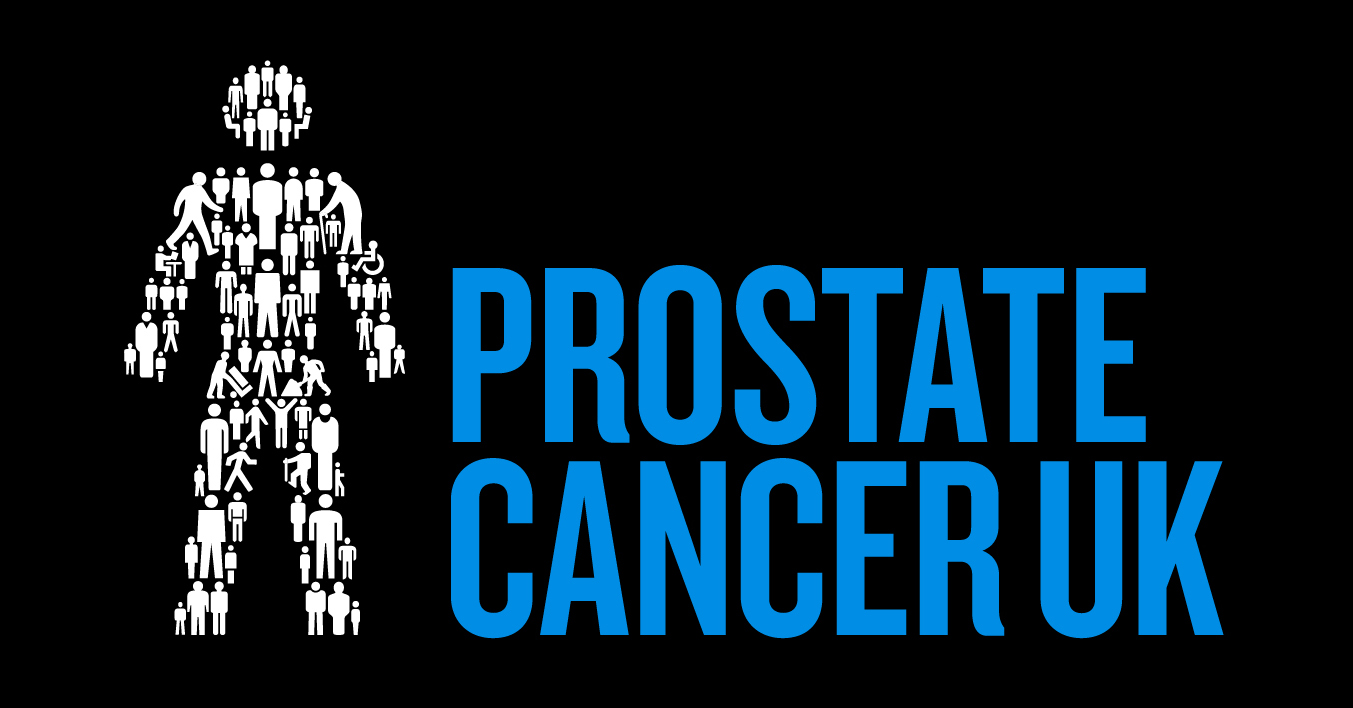Clubs and community centres provide exceptional volunteer opportunities. In fact, almost 20 million people volunteered through a group, club or organisation in 2018/19.
Everyone has individual reasons for volunteering. Top reasons include:
- People want to help and give back to their community
- People care about their club and community centre
- Having the spare time to donate
- Socialising and meeting new people
- Learning new skills
The majority of club volunteers will already know someone at their club. Perhaps they’re even a member themselves. Giving back to an organisation that means something to us is often the key reason people enjoy volunteering.
People don’t just volunteer because they’ve got spare time, or because they want to meet new people. Often there’s a great sense of personal achievement in helping others and being part of a thriving club or community centre. After all, who wouldn’t want to contribute towards the success of a valuable community asset?
How does volunteering help our mental health?
Wellbeing is all about achieving an overall feeling of being well. This includes developing and maintaining good relationships, and feeling satisfied about life and your experiences.
Volunteering is invaluable for improving an individual’s wellbeing. It provides a great opportunity to meet new people and develop strong personal relationships. We know how important it is to have meaningful friendships, and volunteering provides a platform for that.
A sense of fulfilment and achievement is something many volunteers report. Learning new skills, accomplishing tasks and having a sense of purpose provides many individuals with a sense of life satisfaction. This helps to boost mental health.
Mindfulness is also a key part of volunteering. Living here and now, and being engaged in the present moment. Volunteering can act as a valuable distraction for those suffering mental health issues such as depression or anxiety. Keeping busy, being around others and focussing the mind on specific tasks can help people to feel uplifted. For many, it’s a welcome break from feelings of stress or sadness.
It’s also important to recognise the link between physical and mental health. Volunteering can help to improve an individual’s physical fitness. Even fairly sedentary tasks keep us alert and active.
Volunteering is also fun. It’s not filled with arduous tasks or yet another thing to add to our to do lists. Many of our customers’ volunteers have been part of their club or community centre for years. It’s a source of joy and entertainment for many. And, as we all know, having fun and feeling good contributes to achieving an overall sense of great wellbeing.
Support your volunteers’ mental health
You should support a volunteers’ mental health as you would an employee or friend.
Learn to spot the signs and symptoms of mental health issues, and how to effectively broach a conversation around mental health. Simply asking how someone is feeling and taking the time to talk is key to combating mental health issues together.
Clubs and community centres are often friendly, welcoming places to be. It’s in their nature. But make sure this applies to your volunteers, too. They should feel able to discuss any problems and issues openly with the club’s management, who are best placed to support them.
Often people with mental health issues choose to volunteer. It provides focus, friendship and fulfilment. Ask your volunteers to let you know any additional support they need and, where possible, try to provide this. For example, one individual may appreciate additional training whereas another would prefer to learn on the job by shadowing a more experienced volunteer or member of staff. Listen to each person’s requirements.
Don’t overload your volunteers. Whilst it’s healthy to lay out a clear list of responsibilities, you shouldn’t expect too much and pile the pressure on. Start small and build up to more complex tasks as time goes on. As you get to know your volunteers, you’ll be able to match tasks to their specific skill sets. You’ll begin to learn what each person enjoys most, and what skills they want to improve.
Keep lines of communication open, too. Your volunteers should feel able to offer feedback and suggestions, and you should be open to taking this feedback constructively. Make sure your volunteers know what’s coming up at your club and community centre. Keep them in the loop as you would do your employees or members.
Finally, don’t forget the power of appreciation. Those who feel undervalued and forgotten about may feel unmotivated and disengaged. This, over time, can contribute to feelings of low mental health. Simply saying thank you, providing positive feedback and showing your volunteers the great difference they make to your organisation can help your people to feel valued.
Go the extra mile
It’s important to support your volunteers: emotionally and practically. You may not have the same level of obligation as you do towards paid employees, but you still have a duty of care towards your volunteers. Make sure you still have policies and procedures in place to protect your volunteers from health and safety risks or discrimination. You should also make sure you have the right insurance policy in place to protect your volunteers. While most Employers’ Liability policies will include protection for volunteers, you must always check your Policy Wording to be certain.
Does your club or community centre have a team of exceptional volunteers? We’d love to feature you in our next club spotlight! Get in touch with your account executive or the Club Insure team to find out more.







